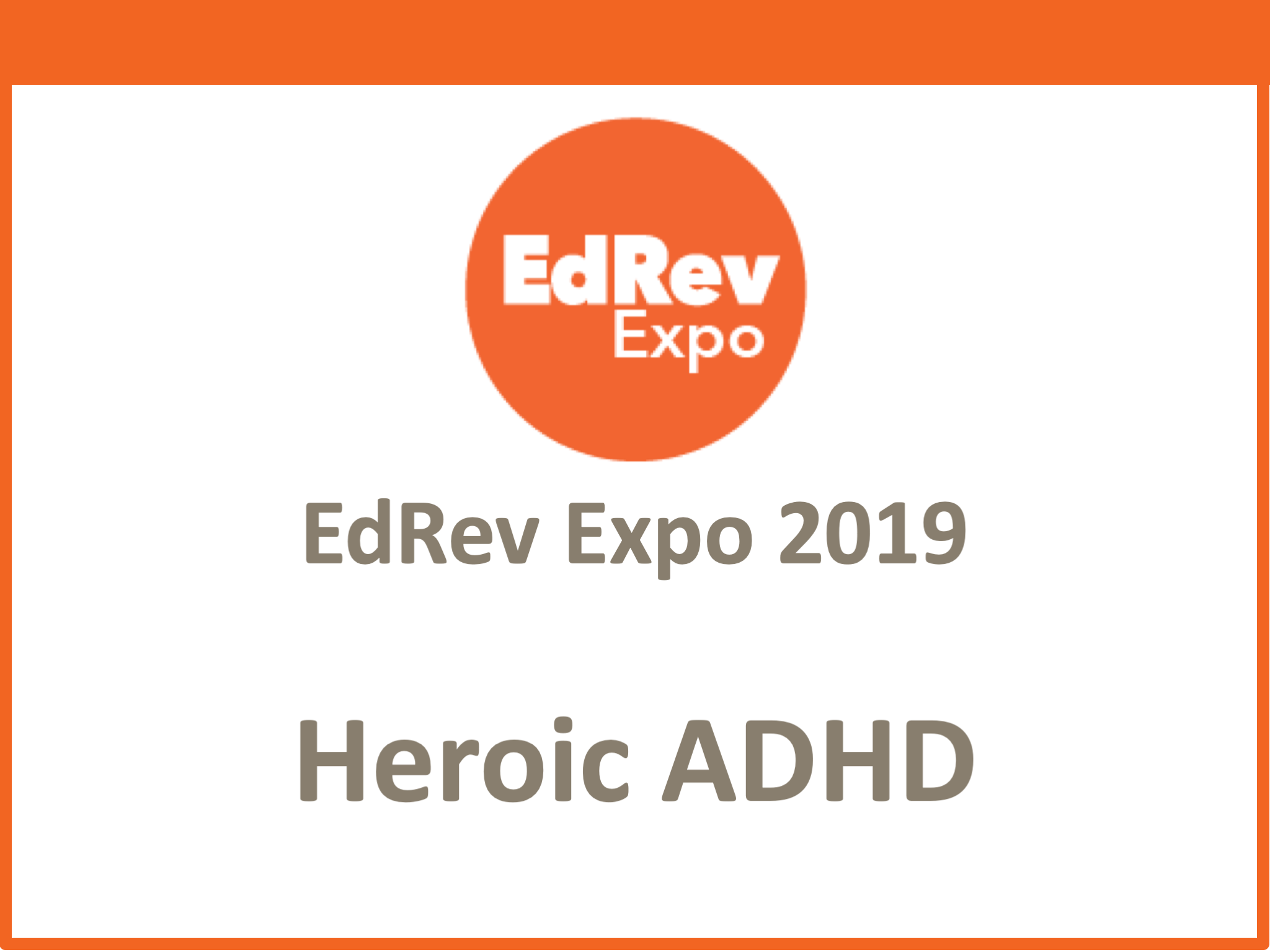 The news stories about parents bribing their children’s way into selective colleges is deeply unsettling on many levels, but there is—potentially—one small silver lining. These stories shine a light on what has become endemic among today’s affluent youth and their families: a single-minded, even frenzied drive to succeed in the college admission race. This pursuit of a narrow definition success is making our children sick.
The news stories about parents bribing their children’s way into selective colleges is deeply unsettling on many levels, but there is—potentially—one small silver lining. These stories shine a light on what has become endemic among today’s affluent youth and their families: a single-minded, even frenzied drive to succeed in the college admission race. This pursuit of a narrow definition success is making our children sick.
In child development research, we have been watching this problem for many years. In 2009, child psychiatrists coined the term “affluenza” to refer to the costs, for children and their parents, of lifestyles excessively oriented to maximizing personal success.
The health consequences of this focus on success are real. Since the late 1990s, my colleagues and I have documented elevated rates of serious depression, anxiety, and substance abuse among teens at “high-achieving schools.” These are public and private schools with excellent test scores, rich extracurricular offerings, and students heading to the best colleges. These are schools that serve mostly well-educated, relatively affluent families.
We have learned, however, that it’s not necessarily family wealth, but rather the unfettered drive to succeed that seems to be at the heart of the high distress. It is living in a culture where there is inordinately high emphasis on personal achievement and status.
The pressures related to college admissions have ramped up considerably over the years as competition has grown. There are many more talented young people applying to the same number of highly sought-after spots, and too many youngsters live by the credo, “I can, therefore I must.” Kids feel compelled to take on one extra AP course, one more sport, one more round of tutoring for the SATs, simply because they can (their schools provide them, and parents can pay for them).
The problem is intensified when high-achieving schools overly focus on “just do more” messages for their students. In the rush to get those top-notch SAT scores and college acceptances, teachers, coaches, and administrators tend to want ever-more accolades. It is rare to have adult gatekeepers who deliberately stop talented but exhausted children from taking on one extra commitment, even though these children often show clear signs of fraying. Instead, the message most commonly conveyed to kids is, believe in yourself and your efforts, and keep at it. Persevere. Do more! Is it any wonder that rates of serious depression, anxiety, and substance abuse are on the rise among students aspiring to go to the most selective colleges?
There are some who talk of today’s young as being overprotected and lacking in perseverance. I believe, quite to the contrary, that in fact these kids are terribly overworked. There is little to no time for play, just for fun; even sports and dance become just a means to an end, with successes to be pursued with grim determination. By the end of high school, too many of our young people are exhausted. And too many have not formed healthy personal relationships, which is the most fundamental ingredient for resilience in the face of stress; they simply have not had the time to develop these.
At the end of the day, what does this frenzied pursuit accomplish for kids who do get into the most selective colleges? Increasingly, there are reports of serious mental health issues in some of our nation’s most prestigious universities and colleges. So it’s not as though kids who “win the prize” become happy; in fact, by all accounts, the distress levels remain as high, if not greater.
National Association of Independent Schools | The Frenzied College Admission Race is Making Our Children Sick, https://www.nais.org/learn/independent-ideas/march-2019/the-frenzied-college-admission-race-is-making-our-children-sick | © National Association of Independent Schools
To schedule an evaluation or to get advice about your child’s challenges, call or email a CHC Care Coordinator at 650.688.3625 or careteam@testing.chconline.org





